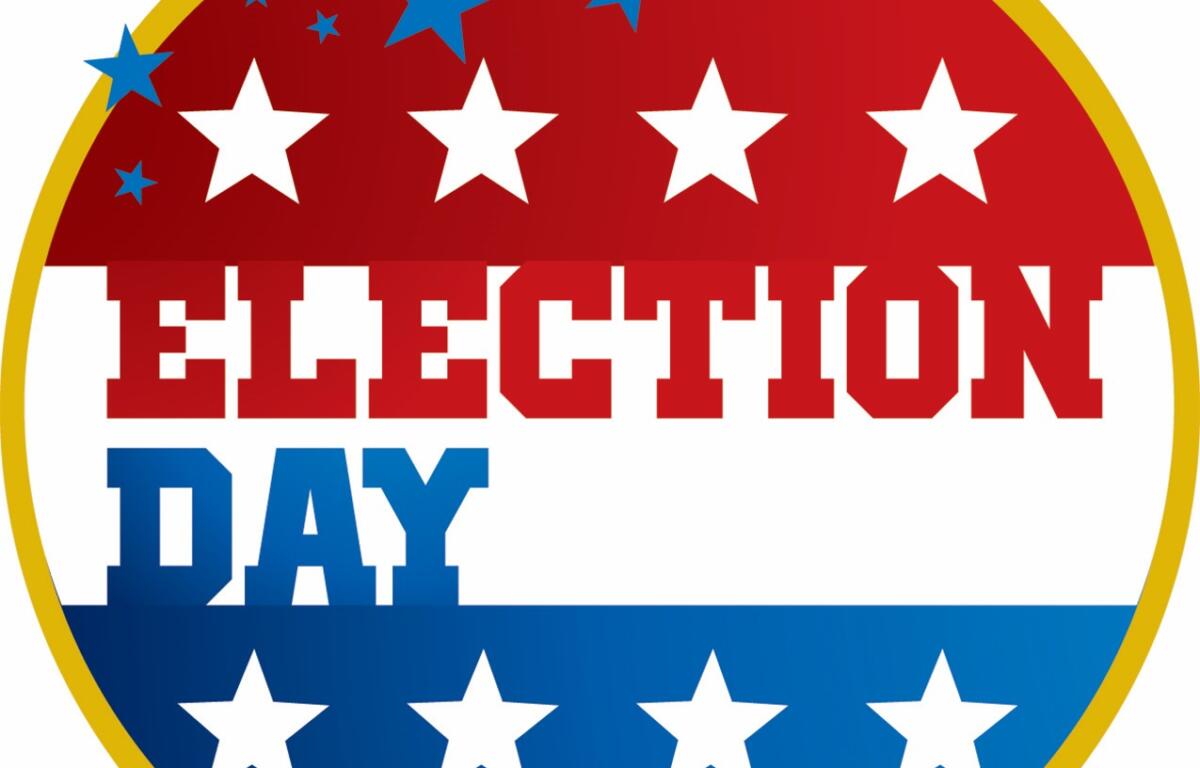As the party conventions begin, have you ever wondered what the purpose was? Every four years, voters across the United States head to the polls to elect a president. The president serves as the head of state and head of government of the United States, and also directs the executive branch. The president also serves as commander-in-chief of the United States Armed Forces. The broad array of responsibilities a president is entrusted with underscores the significance of presidential elections and helps to explain why they garner so much attention domestically and abroad. Party conventions are among the more notable events on the political calendar in presidential election years.
Typically televised, party conventions feature speeches from notable party members and supporters and culminate with the official introduction of the party’s candidate for president. The road to being named a party’s nominee for president is long. The United States government notes that candidates typically must win a majority of delegates to become a party’s official nominee for president. Delegates are awarded through primaries and caucuses, during which voters in each state pick party candidates. The candidate who gets the most votes in a party primary is awarded delegates, though delegates are assigned differently in each state. When primary season is over, state delegates then attend the national party convention, where they cast votes to officially confirm the party candidate for president.
That relatively straightforward process is not always so linear. When no candidate for president receives a majority of a party’s delegates during the caucuses and primaries, convention delegates will then choose the nominee through one or more rounds of voting. The U.S. government notes that when such a scenario unfolds, the convention is considered “contested.” In the first round of voting, pledged delegates, which are those that were awarded during caucuses and primaries, usually have to vote for the candidate they were awarded to. Unpledged delegates can vote for any candidate. A nominee will typically emerge during this first round. However, that’s not always the case, which results in what the U.S. government refers to as a “brokered” convention. If extra rounds of voting are necessary, delegates may choose any candidate, and voting will continue until one candidate has earned enough votes to win the nomination.
The scope of responsibility assigned to the office of the President of the United States is significant, which is why such great emphasis is placed on who parties will nominate as their candidate for the presidency. Party conventions are vital to that nomination process. The 2024 Republican National Convention is scheduled to be held July 15 to 18 in Milwaukee, while the 2024 Democratic National Convention is slated for August 19 to 22 in Chicago. More information about presidential elections is available at usa.gov.



